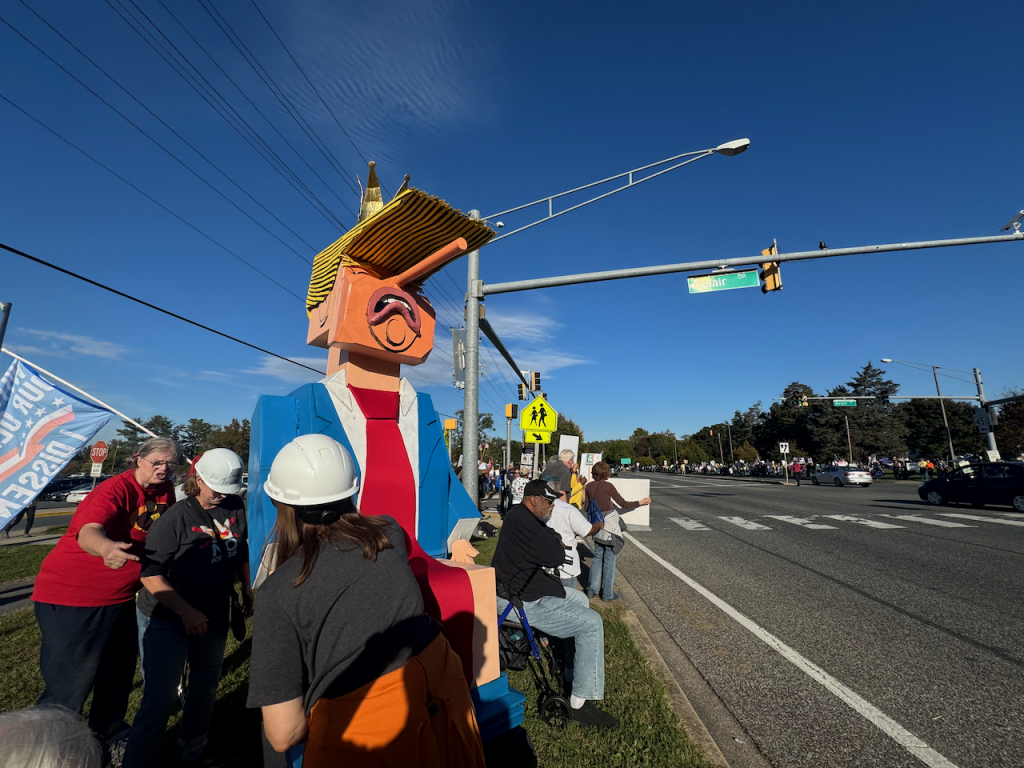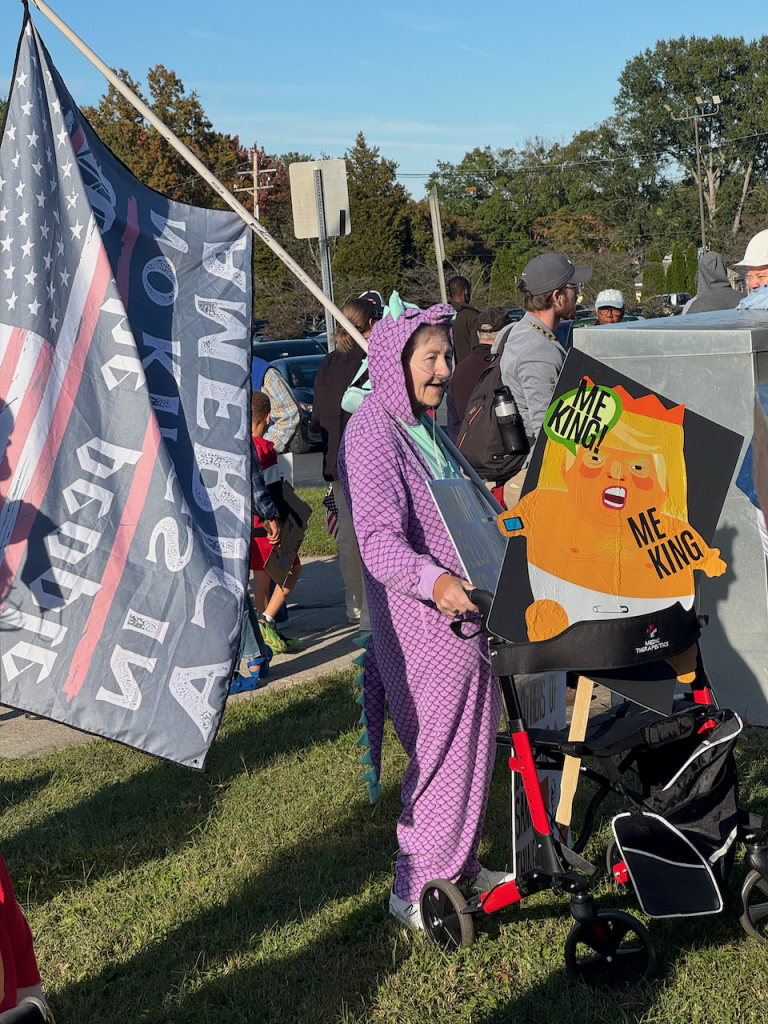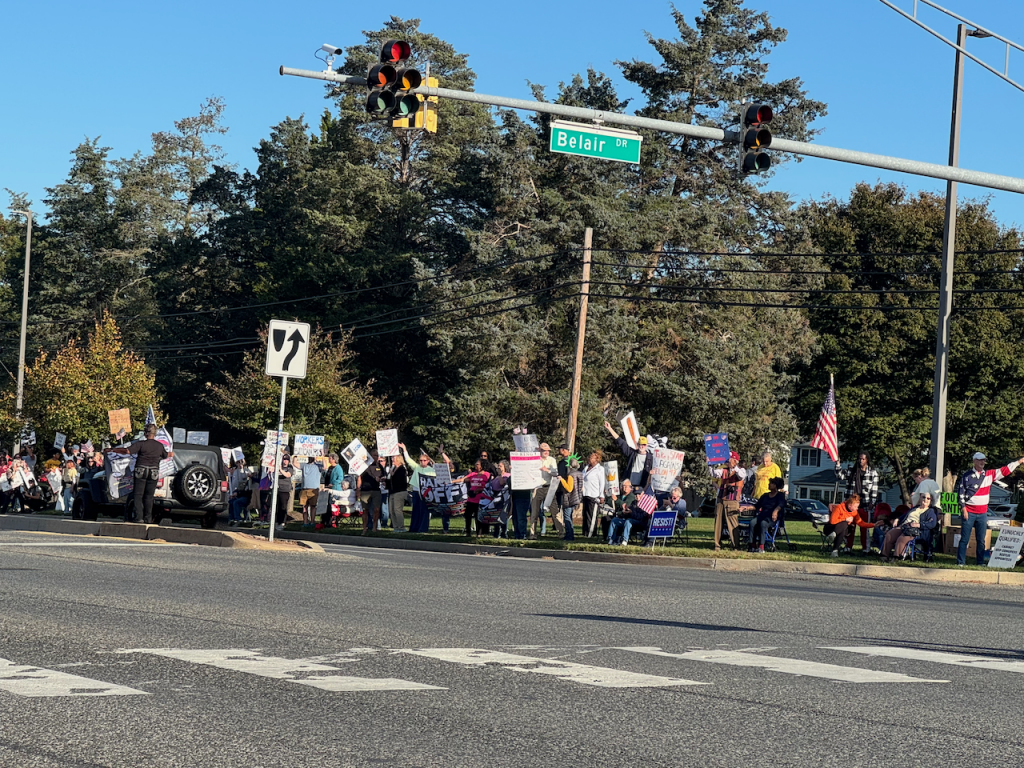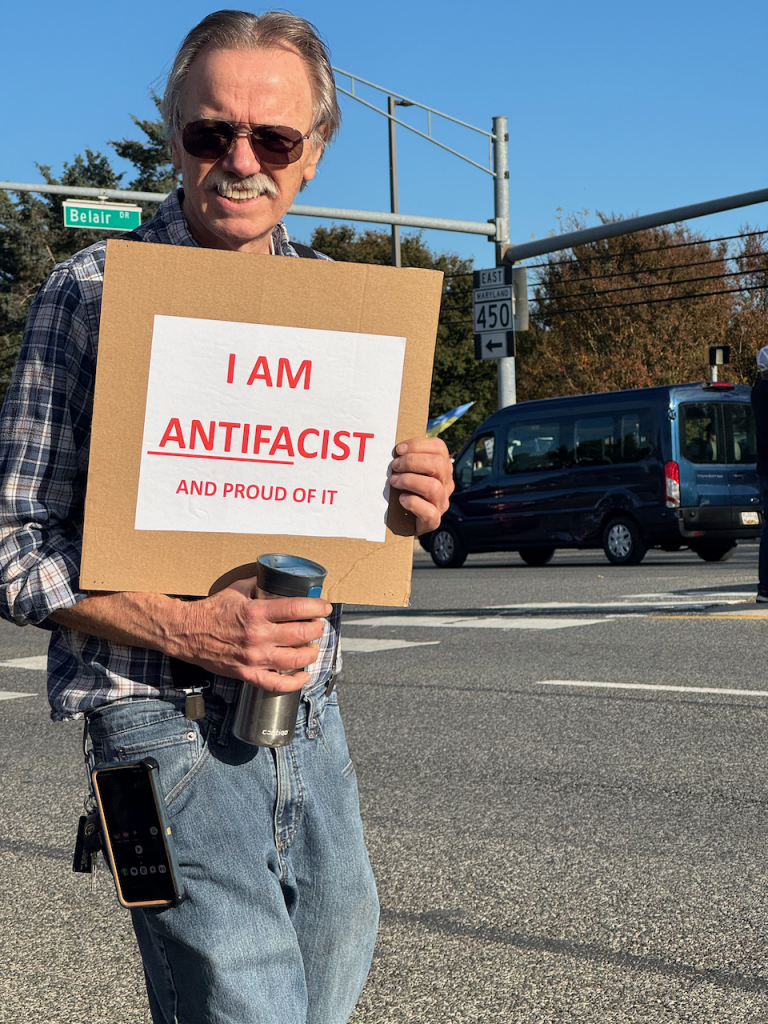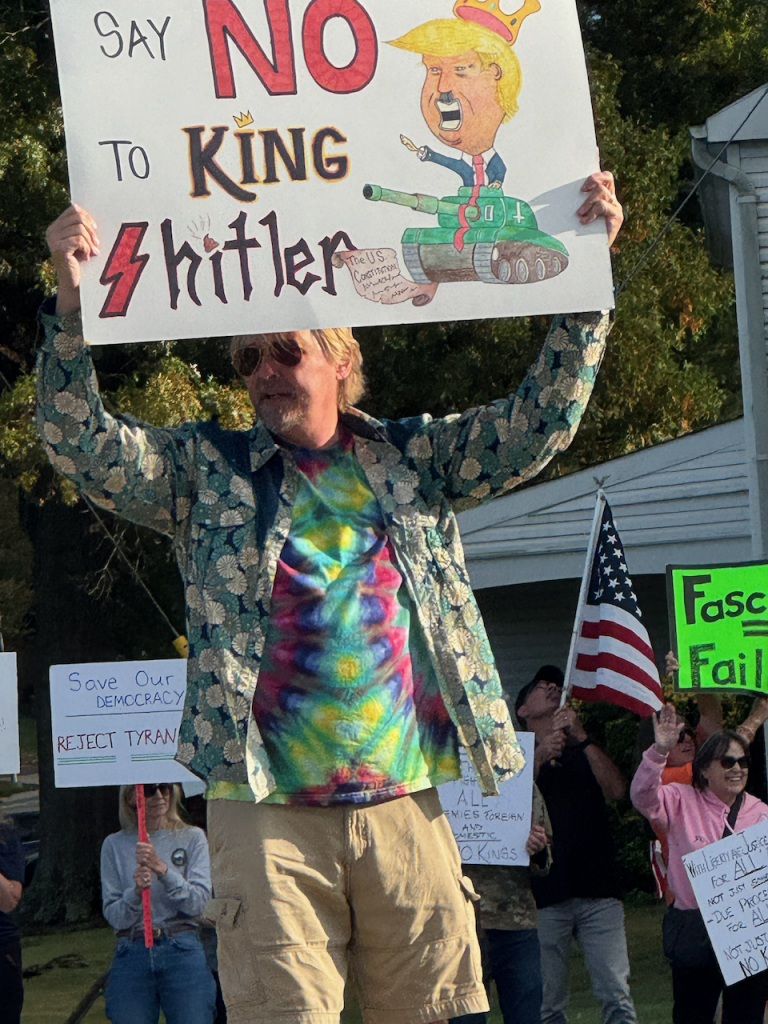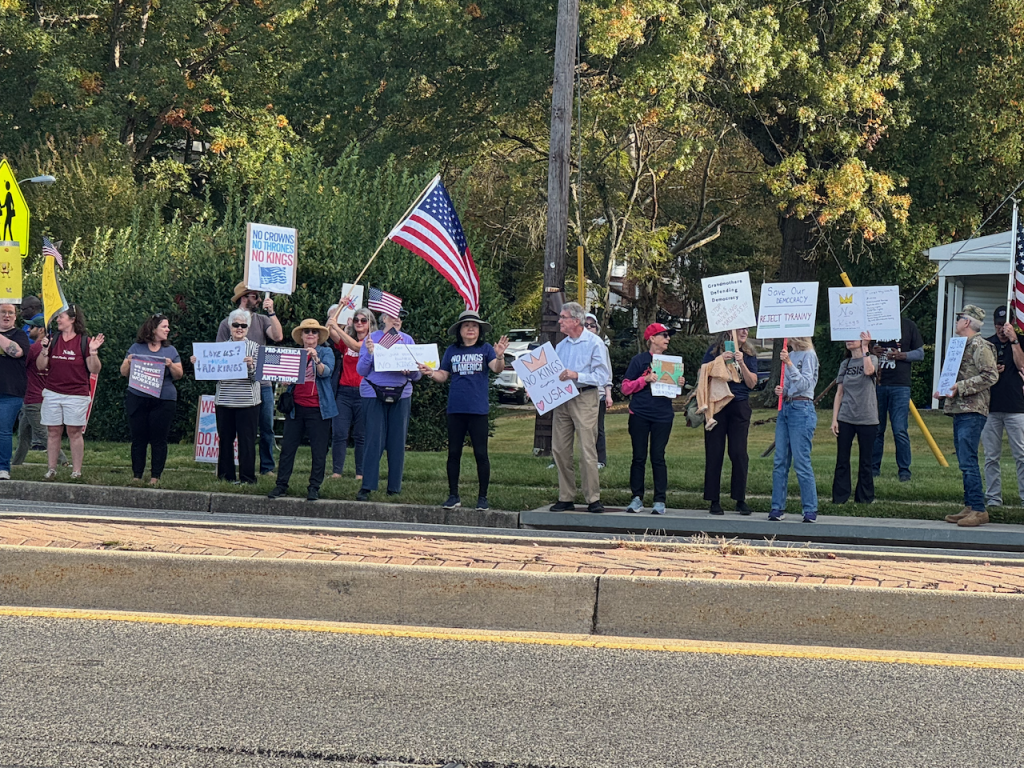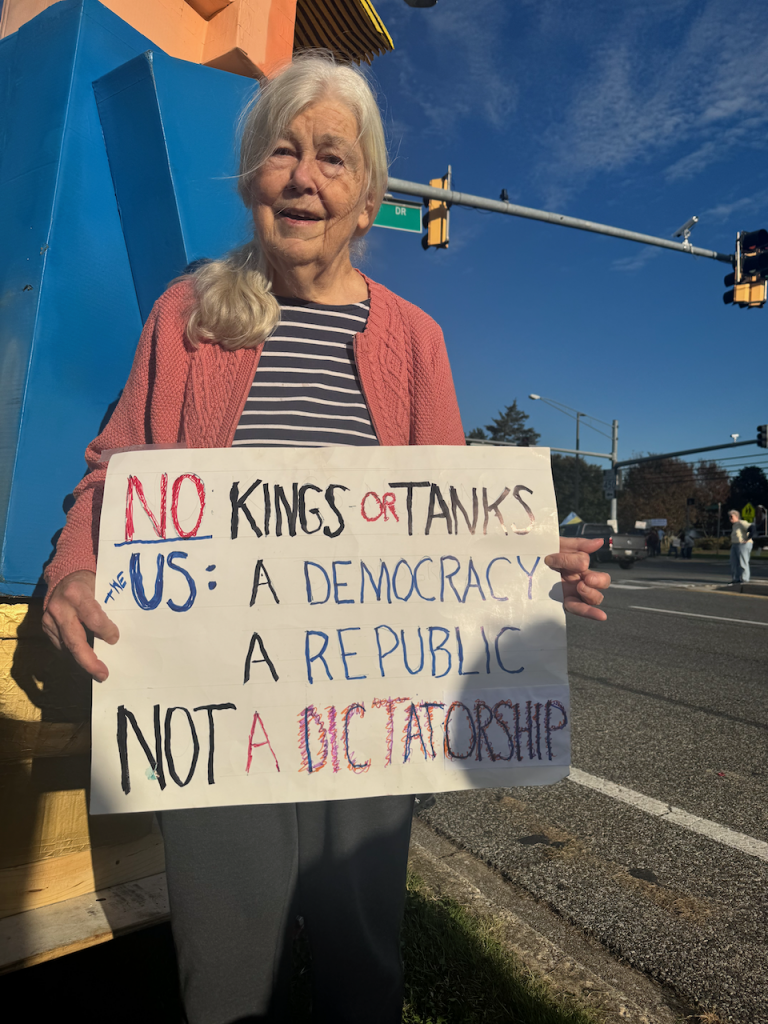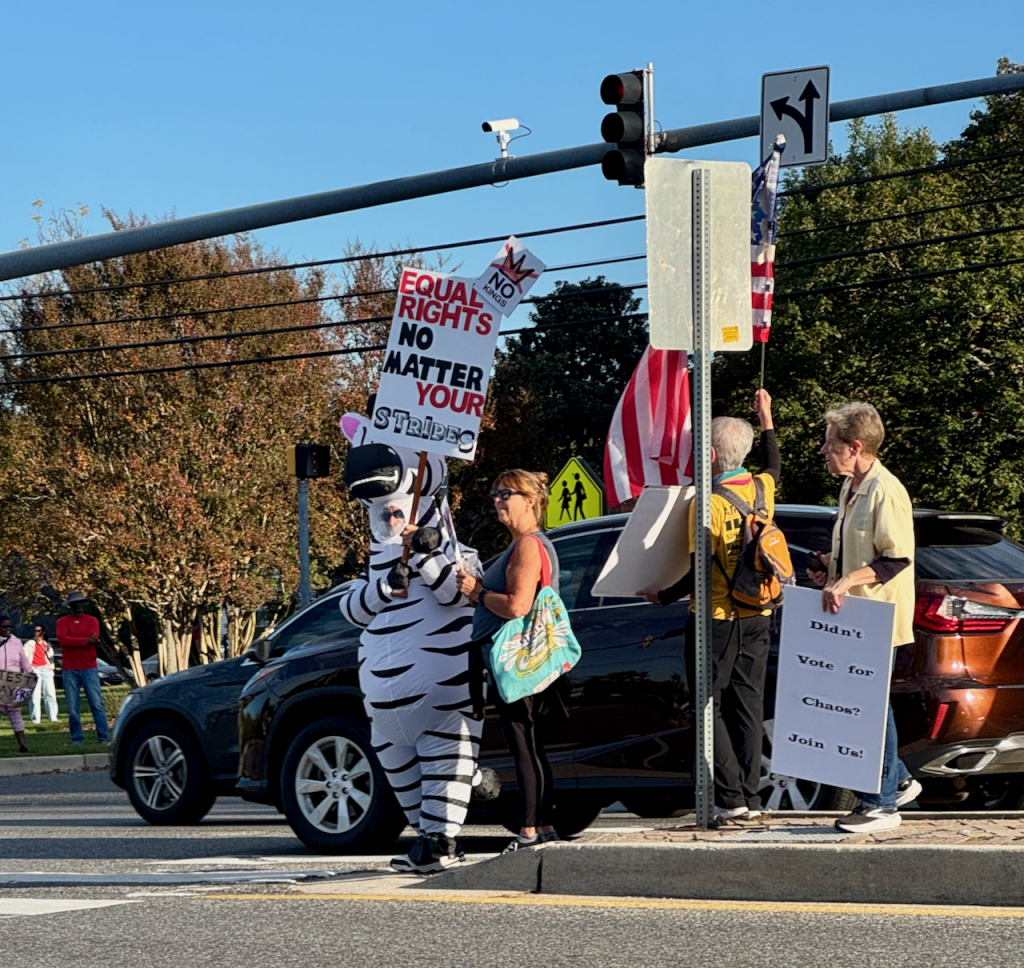Confession: the news is getting to me. I fear reading The Washington Post and The New York Times. Every day there is reporting about a new atrocity that is happening due to Trump and facilitated by the gutless Congressional Republicans who cower in fear that Trump will have them “primaried out” in the next election, and a compliant Supreme Court. Today (Saturday, October 25) there was particularly tragic news in the Post and the Times—thousands starving in Somalia due to US AID food support being terminated and many thousands of others in poor countries in Africa, now at risk of starvation and death, who had depended on US medical and food support. Some 41.7 million Americans—12 percent of the US population— have been cut off from SNAP (food stamps), and food pantries are running out of supplies. Starvation is now a risk for thousands of Americans. Most people affected are children. Health care premiums are skyrocketing for those using insurance under the ACA, making it unaffordable by many with lower incomes. Medicaid is soon to be terminated for many more. The military is bombing small boats coming out of Venezuela that are accused of carrying drugs but with no proof or evidence. Thousands of immigrants including many US citizens are being roughed up and arrested by masked ICE police. Trump has destroyed the East Wing of the White House to make way for a 90,000 square foot ballroom paid for by his billionaire buddies. He has ordered the conviction of Comey and James and others who opposed him on completely bogus accusations. Now he is declaring Canada an enemy because of a Canadian TV ad quoting Reagan about the stupidity of tariffs….
And that is just a portion of the grim news reported today. Tomorrow there will be more, probably worse.
Friends, the Five Alarm Fire is happening. The pain and suffering that Trump is unleashing on poor people in poor countries and on poor people in the US is now a reality as is the pain he is trying to inflict on his political enemies at home. And it will only get worse. Trump is ordering every red state he can to gerrymander to protect the Republicans in the 2026 midterm elections.
So what are we to do? The No Kings protests were certainly a start and a good one. But they must be the beginning, not a one-off. Massive resistance must happen. We Americans aren’t bad people. Most of us want to do the right thing. Trump’s popularity is plunging. He appealed to the alienated (mostly) white working class by promising lower prices and preaching a populist message. Many of the people who voted for him will be hit the hardest. Bait and switch, big time. People will figure this out, but will it be in time?
I have also wondered from time to time how oppressed people in major countries tolerated terrible dictators–the Germans under Hitler, the Italians under Mussolini, the Spanish under Franco, the Russians under Stalin and now Putin, the Japanese under the emperor/military coup, and the Chinese under Mao and now Xi Jinping. Embry and I have been to every one of these countries and have found the ordinary people we met welcoming and kind. They are not bad people, but many in those countries went along with the program when terrible dictators were in power. We are not exempt. To our credit we have a constitution and were founded as a country based on laws, not personalities. But will the U.S. Constitution hold?
What is it about us Homo sapiens that most of us fall in line even when our leaders are bad people? The answer, of course, is that we are basically herd animals. That is why we were the only species–out of many human species–to survive and beat out the competition like our cousins, the Neanderthals. We follow a leader. Without a leader communities fall apart. Look at what is happening in Hati. The kind of leader that you have, of course, makes all the difference. Now it is our time to deal with a terrible dictator as other great countries have had to do. In many instances it took wars and violent revolutions for the regime change to happen. I hope and pray that this will not be the case for our republic, but it will depend on us fragile humans to muster the strength and courage to get through this, battered but not destroyed. How that will play out I do not know, but I am hopeful it will.
Now that I have ruined your day, you can cheer up a bit by going to my Substack where I am retelling true (and funny) stories, which should brighten your day. My latest one is now posted and is about our experience taking in a homeless family.
Profile: https://joehowell.substack.com/
Subscribe: https://joehowell.substack.com/subscribe
